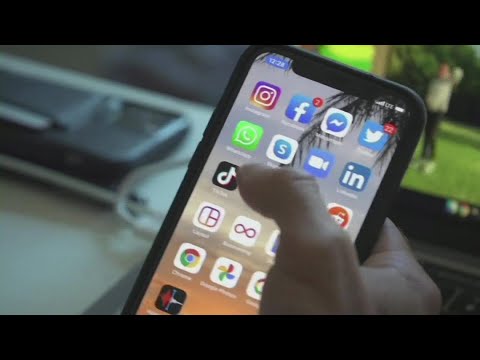
WASHINGTON, D.C. – Popular video-sharing social media app TikTok is one step closer to being officially banned from being installed on any U.S. federal government digital device following the passing of the No TikTok on Government Devices Act in the Senate on Wednesday, with officials citing the potential national cybersecurity risk that the Chinese-developed program poses.
The legislation was initially introduced by Senator Josh Hawley (R-MO) in April 2021 and will serve to take policies that were already put in place by the Department of Homeland Security, the Department of Defense and The Transportation Security Administration – all of which had already banned the app amid concerns over spying – and apply them to all branches of the government.
“TikTok is a Trojan Horse for the Chinese Communist Party. It’s a major security risk to the United States, and until it is forced to sever ties with China completely, it has no place on government devices,” he said. “States across the U.S. are banning TikTok on government devices. It’s time for Joe Biden and the Democrats to help do the same.”
While the bill does allow very limited exceptions for law enforcement activities, national security interests, and security researchers, the TikTok app – as well as any future version of the app that may be deemed a successor – must otherwise be immediately removed from any digital device issued to employees by the federal government.
While the bill unanimously passed the Senate on Wednesday, in order for it to become the law of the land it still has to be passed by the House of Representatives, at which time it would head to President Joe Biden’s desk for his official signature.
A similar bill passed the Senate in March 2020 but failed to see traction in the House; it was later reintroduced in April 2021 by Senators Hawley, Rick Scott (R-FL), Rubio (R-FL), and Cotton (R-AR) who wish to ban the app all together in the U.S.
TikTok is owned by Beijing-based ByteDance, and the FBI has stated that the Chinese Communist Party could use the app to spy on Americans – including government workers – and as a result poses a national security risk.





Comments are closed.